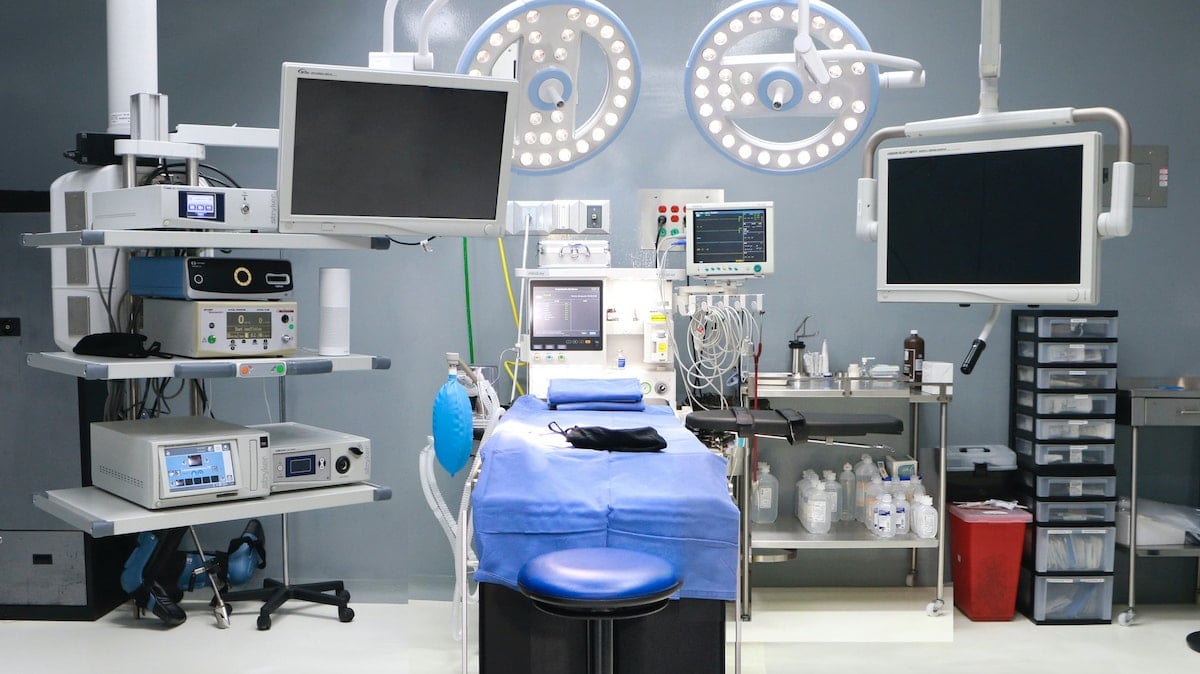The after-effects of the coronavirus pandemic are still being keenly felt across the country, but nowhere more than in healthcare. According to recent estimates, six million people – or one in nine – are on a waiting list for hospital treatments including surgery. As the NHS battles to bring the wait down, many will be seeing their surgery date inch closer and closer. Surgery can be a worry-inducing medical intervention, but with some advance knowledge of what to expect and how to prepare, you can easily mitigate your concern up to the day itself.
Packing for the Hospital
Whether your stay in hospital is anticipated to be a long one or a short one, you should pack extensively for your stay. Multiple pairs of clean underwear will cover you for any unexpected additional nights, while toiletries beyond the toothbrush and toothpaste can help keep you feeling fresh and clean. Pack yourself some of your favourite snacks, as a little treat between hospital meals, and don’t forget to bring some things to keep you occupied in your downtime! A good book can go a long way to keeping your mind off recovery.
Getting To and From the Hospital
After the procedure, even with a period of recuperation as an outpatient you likely won’t be able to take yourself home safely – and even before the procedure, if your current condition isn’t impediment enough your nerves may well be. Organise transport to and from the hospital ahead of time; if possible, ask a close friend or family member to drive you and pick you up, to ensure comfort and a flexible departure.
Pre-Surgery Instructions
Your doctors may have advised you to carry out certain tasks ahead of surgery, or to abide by dietary restrictions for some time beforehand. These pre-surgery instructions are crucial to the success of your surgery, even if they seem trifling. Make sure you adhere to the instructions given by your doctor before heading in – and make other people aware of the same instructions, in case you forget.
The Possibility of Complications
Your surgeon will have spoken with you in order to go over the specific risks inherent to the procedure you will be undergoing; as such, you will already be somewhat aware of the possibility that something could go wrong. In the next section we will discuss managing the emotions that come with that possibility, but here we are concerned with how best to prepare for potential complications or errors. In the event of a complication arising, it is entirely possible that you could be entitled to a medical negligence claim. Medical negligence is a broad church, encompassing situations where a doctor or professional has failed in their duty of care to their patient, from mis-prescribing of drugs to misdiagnosis and beyond. Negligence in surgery is a possibility, and can manifest in a number of ways – from the leaving of foreign objects in the body to the improper removal of parts. In the unlikely event that you do suffer a surgical complication, speak to a solicitor about your next steps.
Preparing Emotionally
Thankfully, the likelihood of suffering such a complication is incredibly low – though the possibility can weigh heavily on the mind. Having a plan in place for the eventuality of a complication can go some way to assuaging these nerves, but the best salve can be found in support from close friends and family. Don’t be afraid to reach out to others with your worries; they will be more than happy to talk you through your feelings, and having friends on-side before you enter the operating theatre can make all the difference.


